Early Diagnosis and Treatment Essential for Managing Tardive Dyskinesia and Minimizing Risks

Tardive dyskinesia (TD) is a movement disorder caused by long-term use of dopamine receptor-blocking agents, especially antipsychotics.
Differentiating Lithium-Induced Versus Antipsychotic-Induced Tremors May be Crucial for Treatment
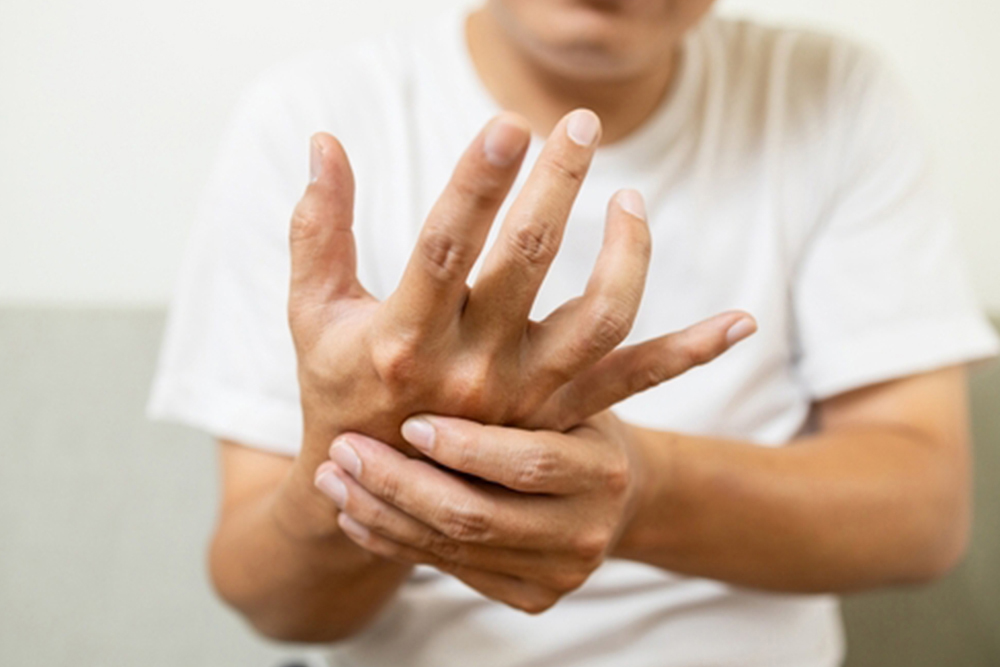
Tremors are neurological conditions marked by rhythmic shaking due to involuntary muscle contractions, which can arise from various causes, including drug use, medical conditions like multiple sclerosis or Parkinson’s disease, and substance abuse. Lithium-induced tremors, a type of postural tremor, are common early in treatment and often present as fine hand tremors, particularly in older patients. Differentiating these from extrapyramidal tremors, caused by antipsychotic medications, is crucial for proper management, as each type has distinct underlying mechanisms and treatment approaches.
Study Finds D1 Receptors Key to Antipsychotic Effectiveness, Paving the Way for Better Schizophrenia Treatments
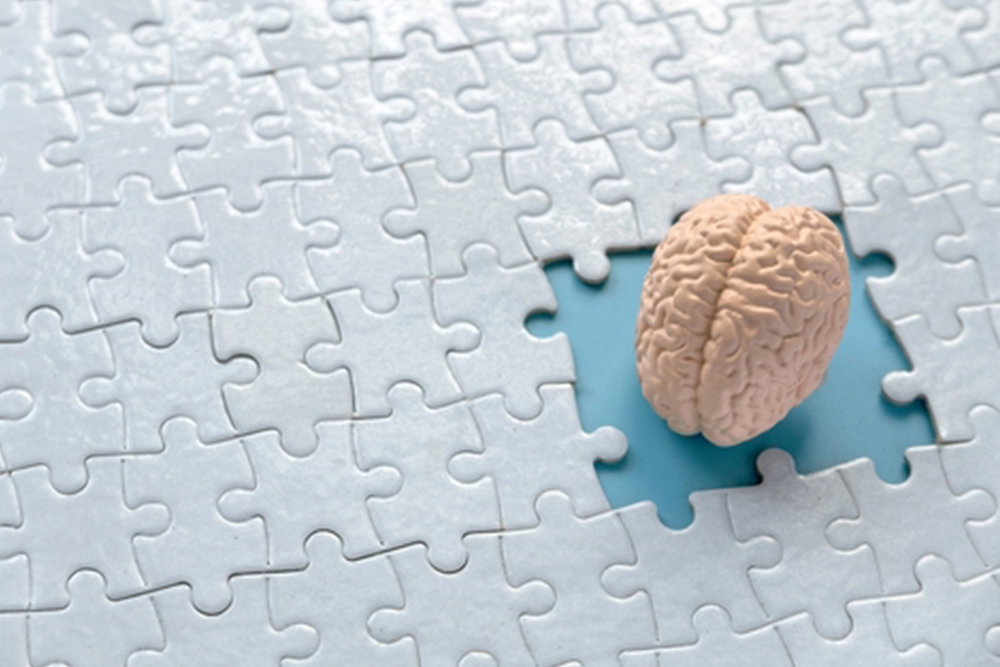
Scientists at Northwestern Medicine have found that antipsychotic medications’ effectiveness in treating schizophrenia is better predicted by their interaction with D1 dopamine receptor-expressing neurons rather than D2 receptors, challenging existing beliefs. Current antipsychotic drugs, which are widely used but often ineffective for many patients and associated with serious side effects like tardive dyskinesia and parkinsonism, were thought to primarily target D2 receptors. However, this new research indicates that their efficacy is more closely related to their effect on D1 receptors in the brain’s striatum, fundamentally changing the understanding of the neural mechanisms underlying psychosis.
Case Study: Methotrexate-Linked Oromandibular Dystonia in a 70-Year-Old Male

Oromandibular dystonia is a focal dystonia involving involuntary movements of the jaw, lips, tongue, and oropharynx, often affecting speech and eating. The diagnosis is clinical and can be challenging. A 70-year-old male with a history of psoriatic arthritis treated with methotrexate developed oromandibular dystonia, initially diagnosed as Meige’s syndrome. The patient’s condition improved significantly after switching from methotrexate to sulfasalazine and receiving botulinum toxin-A (BoNT-A) injections, suggesting a possible link between methotrexate and the dystonia.
Exploring the Genetic Factors in Tardive Dyskinesia Development and Management
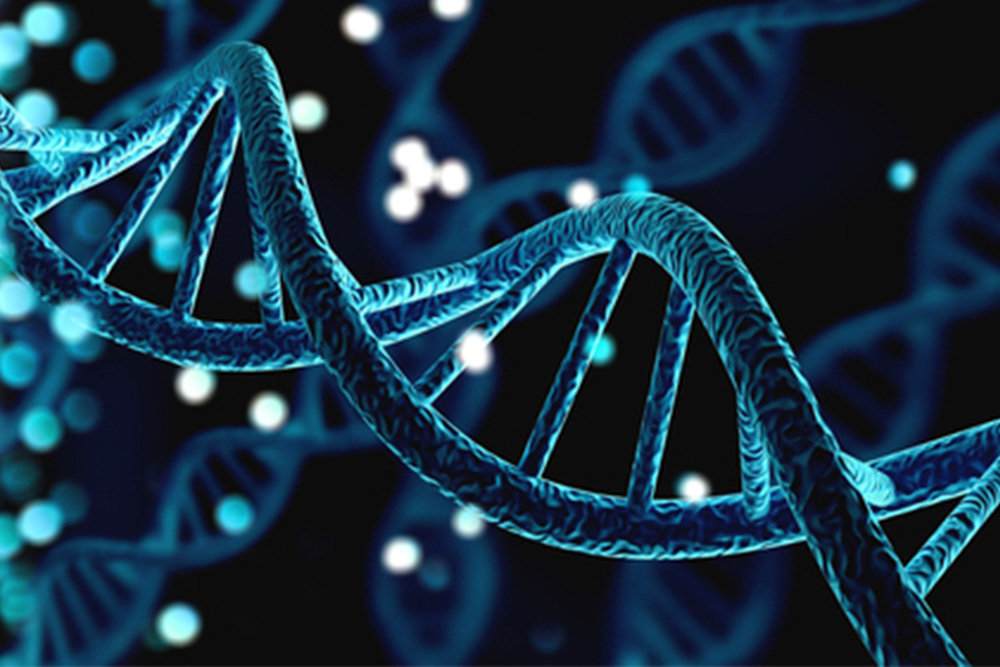
The development of tardive dyskinesia (TD) is influenced by various factors including the type of antipsychotic, dose, duration of treatment, and individual genetic susceptibility. Studies have highlighted the role of genetic variations influencing the pharmacokinetics and pharmacodynamics of drugs, such as variations in dopamine, serotonin, and cannabinoid receptors, oxidative stress factors, and certain enzymes and transporters like CYP isoenzymes. Understanding these genetic factors is crucial as they contribute to the variability in drug metabolism and response, affecting both the efficacy and the adverse effects of antipsychotics.
Understanding Drug-Induced Movement Disorders: Diagnosis, Pathophysiology, and Management

This article offers a detailed exploration of drug-induced movement disorders, which are often overlooked and underdiagnosed in clinical settings due to various factors such as genetics, environment, and aging. Commonly used classification systems like the Diagnostic and Statistical Manual of Mental Disorders and International Statistical Classification of Diseases and Related Health Problems help categorize these disorders, covering a wide range including myoclonus, drug-induced parkinsonism, and tardive dyskinesias, with antiseizure medications and antipsychotics as primary culprits.
Understanding and Managing Tardive Dyskinesia and Dystonia: Symptoms, Causes, and Treatments

This article covers symptoms, causes, and treatments for tardive dyskinesia and dystonia, both triggered by medications used for mental disorders, especially antipsychotics. Tardive dyskinesia results in involuntary facial movements, while dystonia causes sustained muscle contractions, often affecting the head and neck. While tardive dyskinesia develops gradually and may persist after medication cessation, dystonia can onset rapidly and stem from various causes including infections, tumors, or genetic factors.
Clinician’s Tardive Inventory Emerges as a Reliable Tool for Assessing Tardive Dyskinesia Symptoms and Impact

Researchers of a recent study focused on developing and validating the Clinician’s Tardive Inventory (CTI) to address the limitations of current clinician-rated tardive dyskinesia (TD) symptom scales.
Study Reveals Ethnicity-Based Differences in Tardive Dyskinesia Outcomes Among Patients With Schizophrenia
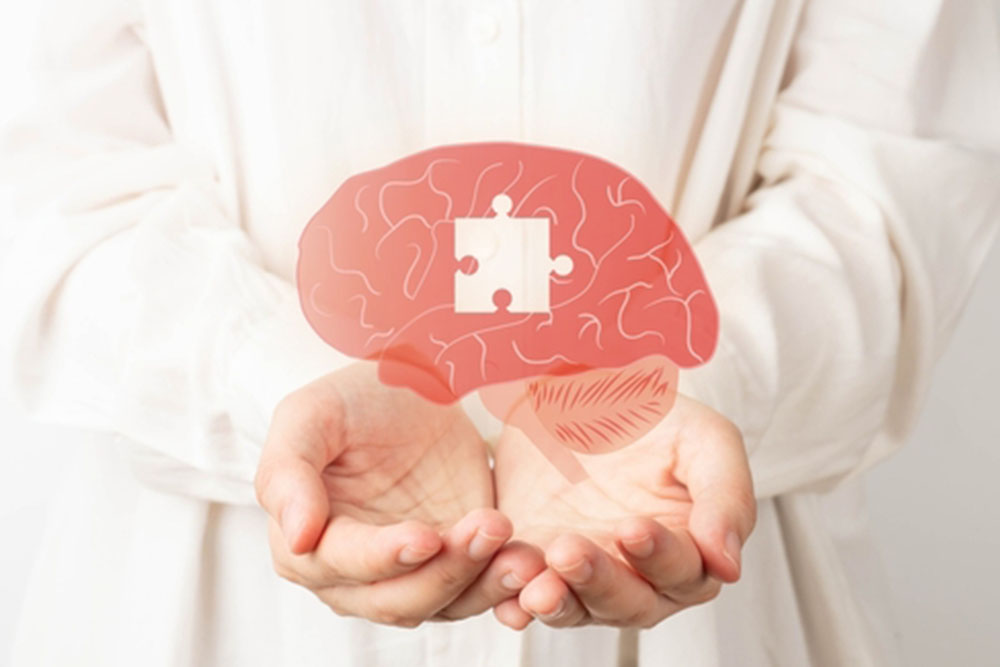
Researchers of a study focused on understanding the long-term course and outcome of tardive dyskinesia (TD) in patients with schizophrenia of European and African descent, who were previously or currently on first-generation antipsychotic agents.
Recognizing Tardive Dyskinesia From Other Movement Disorders
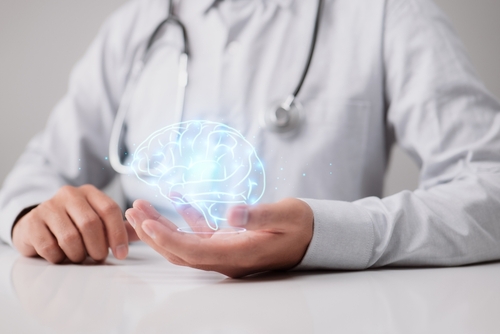
In an article from Neurology Live, Laxman Bahroo, DO, and Jonathan R. Isaacson, MD, explore the manifestations of tardive dyskinesia (TD) as well as the distinctions between TD and extrapyramidal symptoms and neuroleptic-induced parkinsonism. Through citing different clinical trials, Dr. Bahroo and Dr. Isaacson review certain misconceptions and treatment options for TD. They note that due to TD’s under-recognition, the diagnosis and treatment of this disorder can be challenging, but is reachable through growing awareness, screening, and observation efforts.
